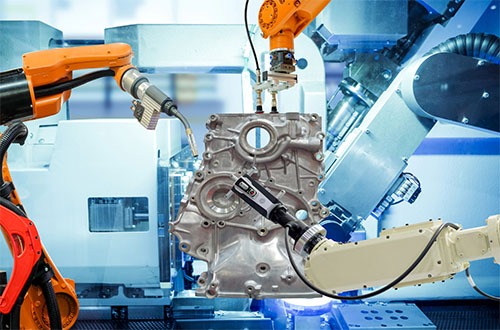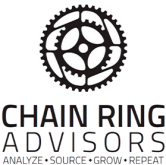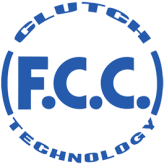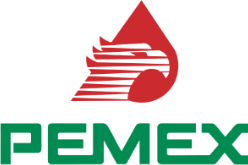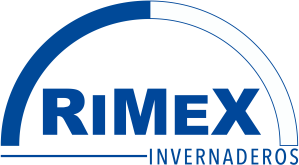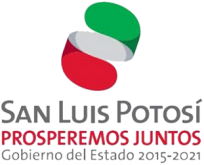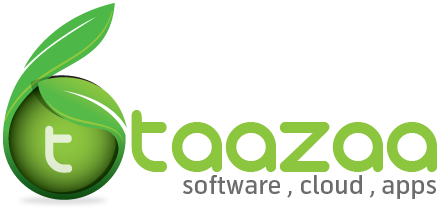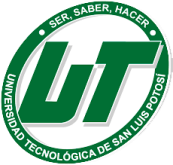Alfonso Sesma (AS). It´s a pleasure to participate in this interview, transmitting a message from the experience in various projects that we developed at Transom Group in terms of automation of industrial processes.
The first great challenge facing the mexican industry in terms of automation is financing and access to resources to invest in technology and in the consequent training of its users.
The idea that automation is expensive and implies a strong change process for your daily production processes. However, it is important to insist that it is an investment that generates an integral transformation of its processes, where certainly the necessary improvements are costly; But by not investing in these, companies are involved in a vicious circle, where there are no improvements in their processes, and therefore cannot compete, since automation allows them to generate higher levels of competitiveness.
Understanding the benefits that automation provides to mexican industry leads us to talk about the second great challenge: the implementation of the appropriate culture to participate in Industry 4.0 trends.
In this sense, what is observed is that the concepts of Industry 4.0 and automation are complex to understand and incorporate for the mexican workforce. Because it is difficult for people to understand the benefits that they imply and what they have to do to incorporate the technologies. In this sense, specialists in culture are required to generate these adequate communication channels for their comprehensive understanding.
Hand in hand with understanding the concepts of Industry 4.0, it is worth mentioning that these trends are of european origin and one of their great precepts is global integration to develop collaborative processes with people from different countries.
In this sense, the third great challenge of automation in mexican industry is the linguistic gap that national engineers and specialists present in the development of communication skills in english, considered a global language in the sector.
In Mexico there is a great area of opportunity in the practice of the language, since many high-level mexican engineers cannot take advantage of the opportunities that Industry 4.0 offers. In addition, the importance of the productive force being one hundred percent bilingual in the country is unknown.
TG. Excellent analysis Alfonso, in Mexico we have great pending tasks for the mexican industry to participate in the trends offered by Industry 4.0.


